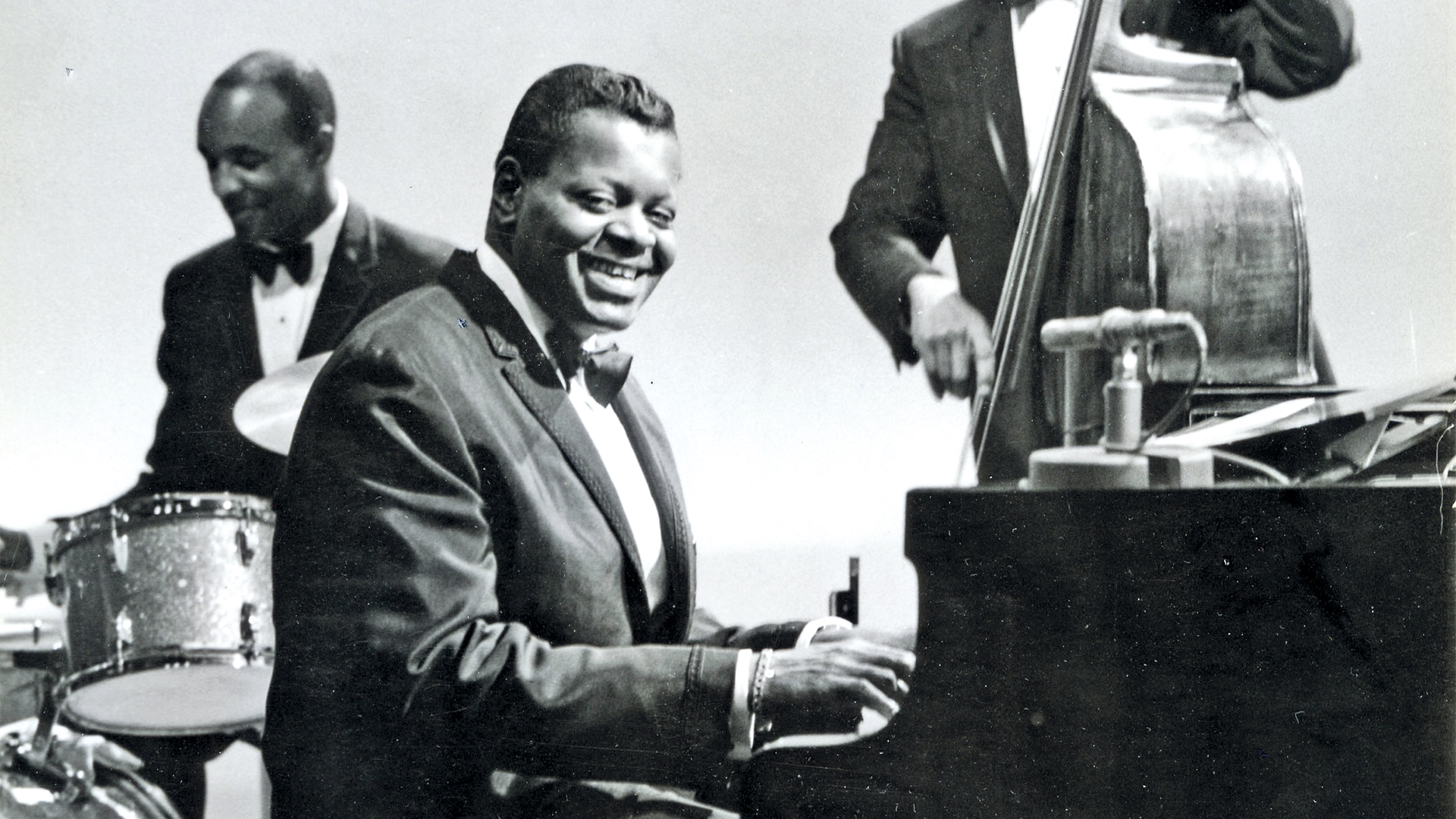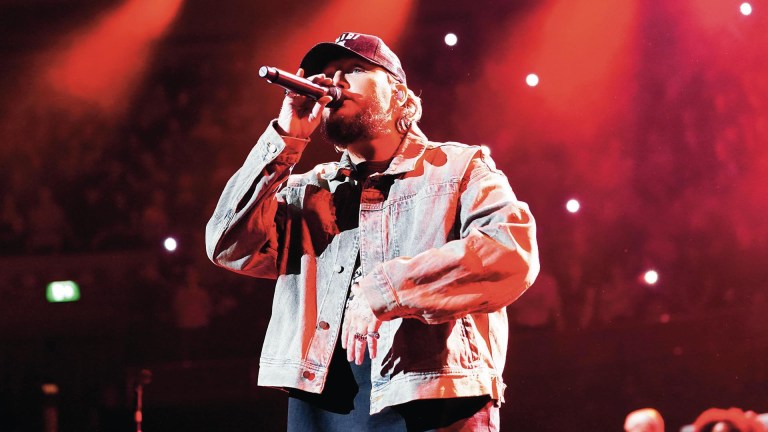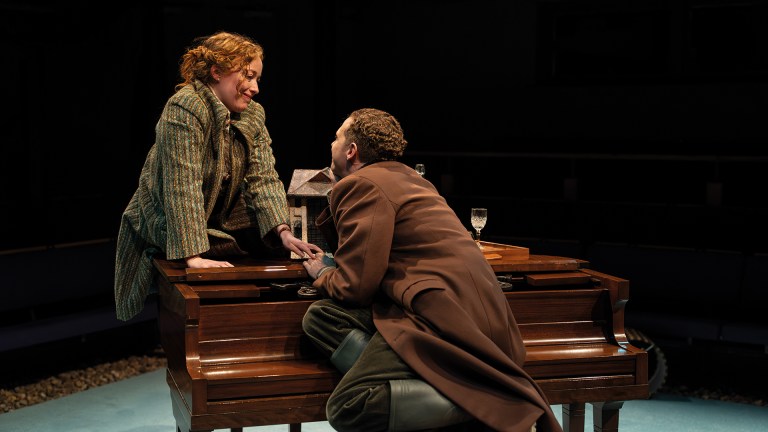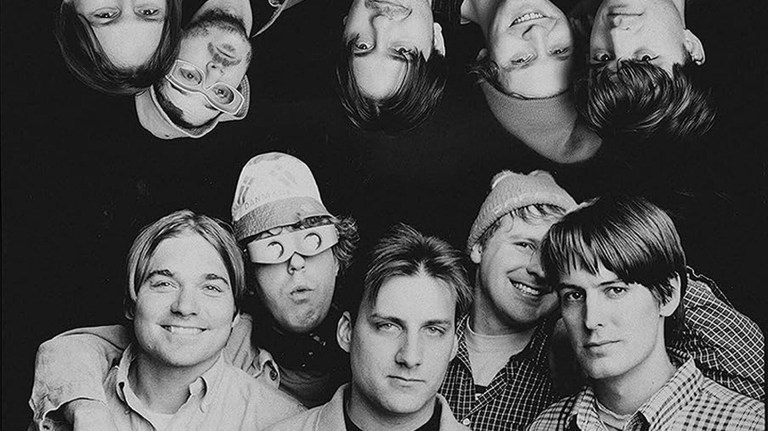On 15 August it will be 100 years since the virtuosic jazz composer and pianist Oscar Peterson was born. His centenary is being celebrated with concerts, tributes and retrospectives across the world; a rare moment of collective attention for a musician who, despite an enormous catalogue of recordings and widespread acclaim (Duke Ellington called him the “Maharaja of the keyboard”), has often remained peripheral to the major mythologies of jazz history.
Peterson was born in Montreal in 1925 to Caribbean parents and grew up in a household where music and discipline were closely linked. His father, a railway porter and amateur musician, insisted on classical training, and Peterson practised Bach and Chopin rigorously before shifting his focus to jazz.
Get the latest news and insight into how the Big Issue magazine is made by signing up for the Inside Big Issue newsletter
His classical roots became the backbone of his trademark playing style. No matter how far his fingers travelled improvisationally up and down the keyboard, they always returned to a familiar place. In 1949, while in a cab on his way to Montreal airport, Norman Granz, producer of Jazz at the Philharmonic, happened to hear a live performance by Peterson on the radio. As Granz told it: “The cabby had some music playing, and I assumed that it was a disc that some disc jockey was playing, and I asked him if he knew the station. I’d like to call them and find out who the pianist was. And he said, ‘No, that’s not a record, it’s coming live from a club called the Alberta Lounge.’ He said, ‘It’s Oscar Peterson.’ And I said, ‘Well, forget the airport, turn around and let’s go to the club.’”
Granz was so impressed he arranged to fly Peterson to New York, and later brought him on stage at Carnegie Hall with no rehearsal and no introduction. Peterson became a regular fixture in Granz’s recording projects and concert tours, performing with artists like Ella Fitzgerald, Charlie Parker and Louis Armstrong. His reputation quickly grew, along with his versatility.
Still, his reception among critics was often ambivalent. While few denied his fluency, some found it difficult to locate a distinct identity in his playing. He was labelled a virtuoso so often by his peers that the word seemed to lose its meaning, and his accessibility, both in sound and personality, seemed to work against the idea of him as a serious innovator. He didn’t align himself with bebop or with the more exploratory jazz movements that followed. He had little interest in appearing tortured, enigmatic or elusive. What he offered instead was an unwavering commitment to melody, time and craft; qualities that, for a stretch of jazz history, sat squarely out of fashion.











